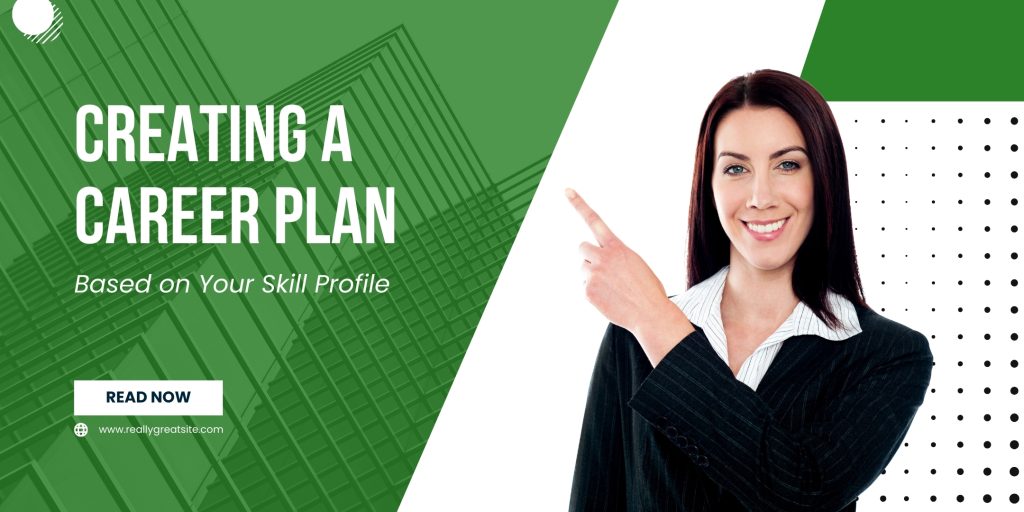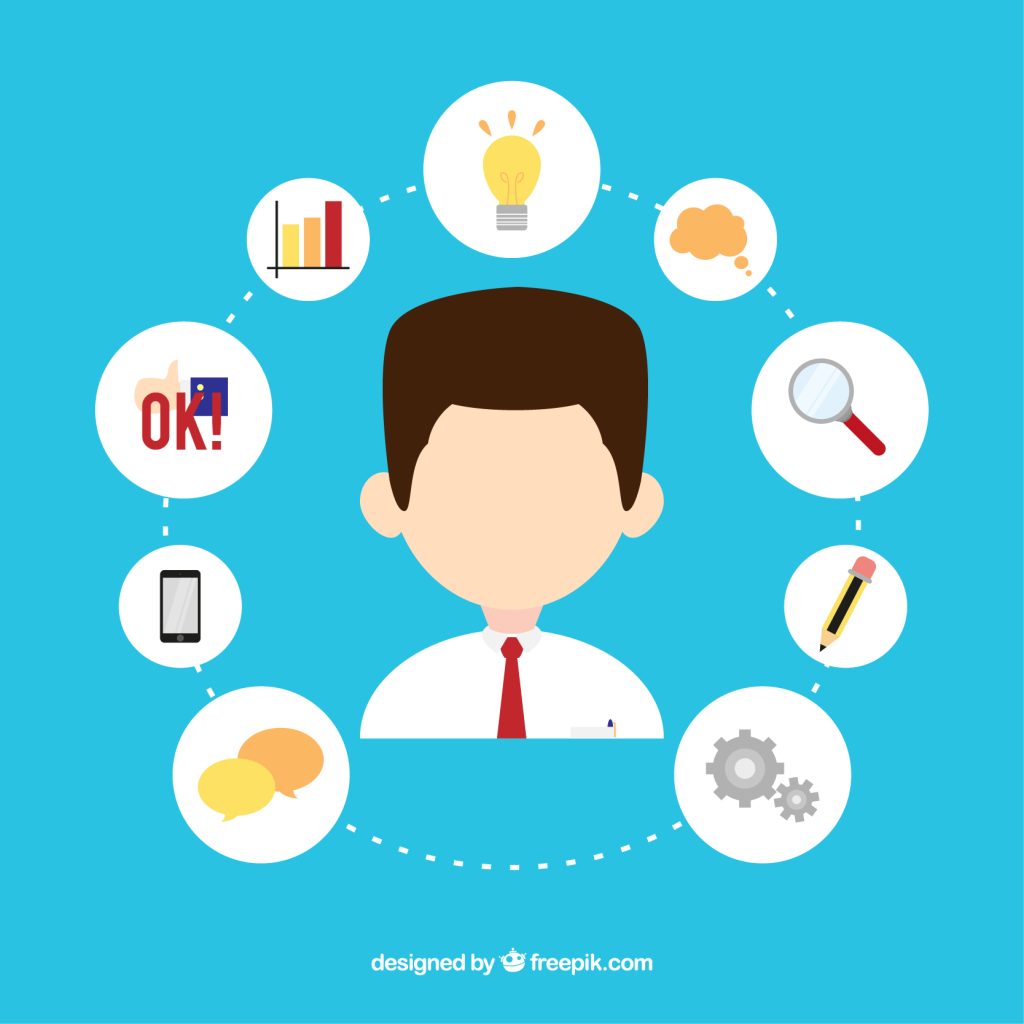One of the most effective ways to design your career path is by analyzing your skill profile.You can set goals, browse opportunities on LinkedIn, and even take an assessment test or two, but without a clear understanding of your skill profile, your career plan may lack direction.
A skill profile is more than just a list of things you’re good at. It’s a detailed breakdown of your abilities, strengths, and areas that need improvement — both technical and soft skills. Creating a career plan based on your skill profile ensures that every step you take is aligned with your capabilities and growth potential.

This article will walk you through exactly how to create a career plan built on self-awareness, skill assessment, and strategic thinking. We’ll also explore how tools like Impacteers skill assessment can help you map out your path with clarity.
Visit us >>>https://www.impacteers.com/home/skillassessment
1. What is a Skill Profile?
A skill profile is a snapshot of your professional abilities. It includes:
- Technical skills (e.g., coding, engineering design, financial analysis).
- Soft skills (e.g., communication, teamwork, time management).
- Workplace habits (e.g., organization, adaptability, leadership).
Unlike a résumé, which simply lists your experiences, a skill profile tells you how strong you are in each area — and where you need to focus your development.
2. Why a Career Plan Needs a Skill Profile
Without understanding your skill profile, you risk setting unrealistic goals or missing opportunities that align perfectly with your strengths.
For example:
- If you’re aiming for a project management role but struggle with time management, you’ll need to work on that before applying.
- If you’re in engineering but want to move into leadership, strong communication skills will be essential.
By knowing where you stand, you can think strategically about your next move.
3. How to Build Your Skill Profile
Here’s a step-by-step process for building your skill profile:
- Self-assessment — List out your perceived strengths and weaknesses.
- Take a skill assessment test — Platforms like Impacteers give you objective data on your abilities.
- Gather feedback — Ask peers, mentors, or supervisors for honest insights.
- Compare to job requirements — Look at career paths on LinkedIn and match your skills to those roles.

4. The Role of Skill Assessments
A skill assessment is like a mirror for your professional capabilities.
Benefits include:
- Clarity — Understand exactly where you excel and where to improve.
- Measurement — See progress over time.
- Direction — Identify the skills that will open new career paths.
For example, an Impacteers skill assessment doesn’t just tell you if you got the right answers; it breaks down how you think, manage time, and communicate solutions.
5. Linking Your Skill Profile to Career Goals
Once you have your skill profile, the next step is aligning it with your career aspirations.
- If you’re strong in problem-solving but weaker in public speaking, you might target analytical roles now and work on communication skills for leadership positions later.
- If your engineering skills are solid but your self-management is lacking, you can take roles with structured oversight while improving independence.
6. Engineering a Career Plan: The Step-by-Step Approach
Step 1: Identify your target role or industry.
Step 2: Review the skill requirements for that role on LinkedIn job listings.
Step 3: Compare with your current skill profile.
Step 4: Fill the gaps with focused learning, training, or practice tests.
Step 5: Reassess your skill profile regularly to track progress.
7. Example Career Path Using a Skill Profile
Let’s take Ananya, a recent engineering graduate:
- Skill Profile Findings: Strong technical problem-solving, average communication, below-average time management.
- Career Goal: Become a design engineer, later move into a lead role.
- Plan:
- Short term: Technical role with minimal client interaction.
- Development focus: Time management workshops, communication training.
- Long term: Transition to leadership once skills align.
Impacteers helped Ananya identify her exact weak points and provided targeted practice modules.
8. Time Management as a Career Multiplier
Time management is one of those skills that affects everything else. Without it:
- You miss deadlines.
- You rush answers in tests or interviews.
- You feel overwhelmed during project execution.
A good career plan always includes strategies for improving time management — and timed skill assessments are an effective training ground.
9. Communication: The Underrated Career Skill
Whether you’re in engineering, business, or creative fields, communication determines how well your ideas are understood.
- In interviews, it affects how clearly you explain your process.
- At work, it shapes how others perceive your competence.
- In leadership, it’s essential for motivating teams.
Practicing structured responses in skill tests prepares you for real-life communication challenges.
10. The Process of Turning Skills Into Career Action Steps
Your career plan should convert skill insights into actions. For example:
- Weak skill: Time management → Action: Schedule weekly timed problem-solving sessions.
- Weak skill: Communication → Action: Join a public speaking group or practice mock interviews.
- Strong skill: Analytical thinking → Action: Apply for problem-solving heavy roles immediately.
11. The Role of LinkedIn in Career Planning
LinkedIn is more than a job board — it’s a research and networking hub.
- Research job descriptions to understand skill requirements.
- Connect with professionals in your desired field to learn how they built their skill profile.
- Share updates on your learning progress to build credibility.
12. The Feedback Loop: Assess, Improve, Reassess
Your career plan should be dynamic. That means:
- Assess your skills.
- Improve through training, real-world projects, and practice.
- Reassess to see where you’ve progressed and where you still need work.
Impacteers makes this easy by storing your past test scores and showing trends over time.
13. Overcoming Weak Points Without Losing Momentum
Many people stall their career progress because they focus only on weaknesses. The smarter approach:
- Leverage your strengths in your current role.
- Gradually improve weaknesses without delaying career moves.
For example, you can take a job that uses your engineering skills now while you work on self-management and communication.
14. Why Impacteers Skill Assessment Fits Into Any Career Plan
Impacteers isn’t just for job seekers — it’s for anyone building a career plan. It offers:
- Role-specific assessments for accurate skill profiling.
- Detailed feedback to guide improvement.
- Timed tests to sharpen performance under pressure.
- A progress record to measure growth over months or years.
Frequently Asked Questions
1. What is the first step in creating a career plan based on my skill profile?
Start with a detailed skill assessment to understand your current abilities.
2. Can skill assessments really influence my career choices?
Yes. They reveal strengths you can build on and weaknesses you need to address before targeting certain roles.
3. How often should I update my skill profile?
At least once or twice a year, or after completing major projects or training.
4. Is LinkedIn useful for career planning?
Absolutely. It’s great for researching skill requirements and networking with professionals in your field.
5. How does Impacteers help in skill profiling?
It provides realistic assessment tests, feedback reports, and progress tracking, all of which are essential for building a career plan.
Conclusion
Your career plan is only as good as the self-awareness behind it. By starting with a clear skill profile, you can set realistic goals, choose the right opportunities, and improve in ways that directly impact your professional success.
With Impacteers skill assessment, you get more than just a score — you gain insight into how you think, manage time, and communicate under pressure. That knowledge is the foundation for making smart career moves, whether you’re just starting out or aiming for the next big leap.
Learn More >>> https://blog.impacteers.com
About Us >>> https://www.impacteers.com



Post Comment